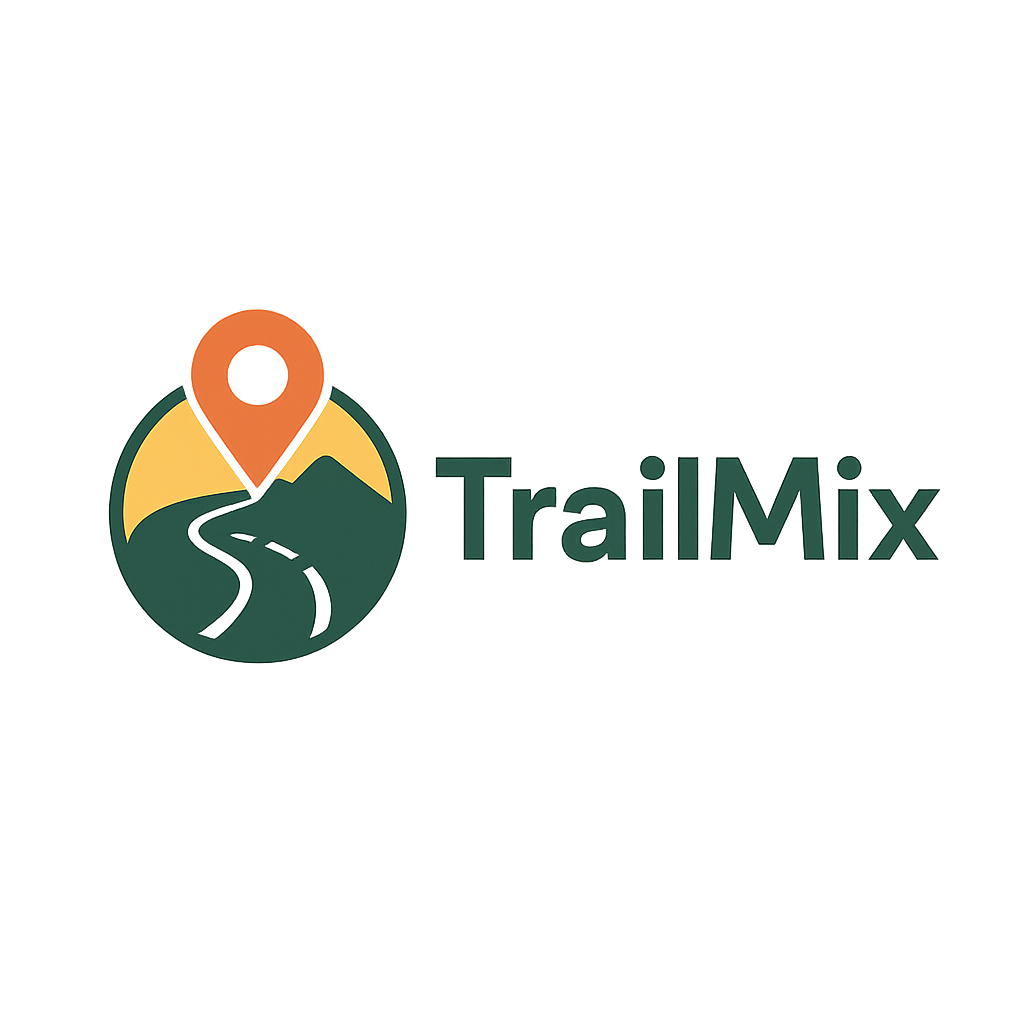

ROLE
Developer
TIMELINE
Fall 2023
FRONTEND
React
Chakra-UI
BACKEND
Node.js + Express
MongoDB
FLASK

Road trips are meant to be spontaneous, freeing, and fun—but they often turn into logistical nightmares. From coordinating routes to finding places to eat and stay, trip planning becomes a source of stress, arguments, and time-consuming micromanagement. TrailMix was born from this pain point: we wanted to bring back the joy of discovery and minimize the overhead of planning.
I worked on TrailMix with a team of developers and designers at LA Hacks, contributing as a backend developer and product manager across research, ideation, feature prioritization, and technical execution.
Casual travelers and friend groups who want to go on road trips with a personalized, budget-friendly plan—without spending hours researching.
To design and build a web app that automates road trip planning by generating complete itineraries based on user preferences, using AI agents and APIs.
We interviewed 10 students and young professionals who had recently gone on or were planning road trips. Our goals were to identify:
We created an experience map to visualize user actions and emotions throughout the planning and traveling process:
🟨 = Positive, 🟪 = Negative
The most emotionally charged moments were clearly in the planning phase, particularly around step 3–5.
Tools We Looked At:
Most tools were either too rigid or too open-ended. None integrated user preferences, budgets, and location APIs in a cohesive, automated way.
TrailMix is built with a MERN stack and a supplemental Flask backend to integrate AI tools:
Fetch.ai Integration
We initially planned to use traditional RESTful calls. However, integrating autonomous agents required pivoting mid-build to a Python layer. We had to re-architect how API requests and async responses were handled, which delayed progress but strengthened the design.
Gemini Prompt Engineering
Fine-tuning prompt templates for optimal results took multiple iterations. We struggled with balancing creativity (unique, scenic stops) and precision (budget, route time). We eventually split prompts into modular segments to improve stability.
“TrailMix: Less arguing, more adventuring.”
questions? feel free to send me a message!